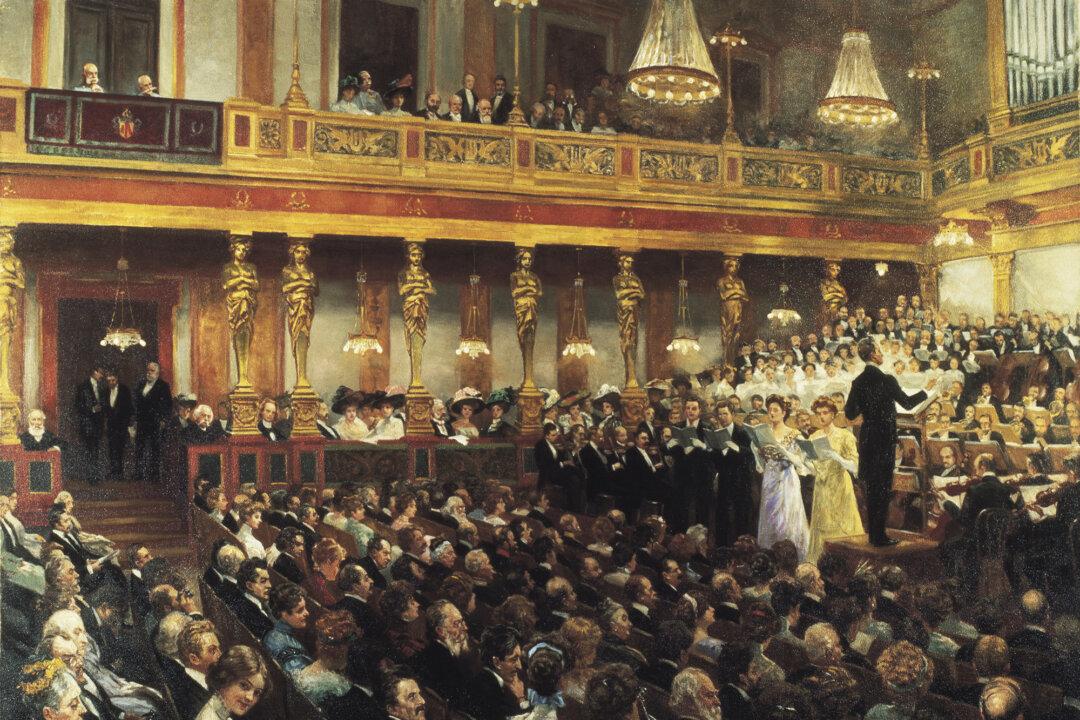Given the strange world we live in today, many parents and grandparents find themselves wondering what they can do to help their children turn into successful adults. One simple thing that I often suggest is to read books—old books, the kind that can be found in library discard rooms.I took my own advice recently, haunted the discard room at my local library, and came away with a stack of books—not the least of which was Louisa May Alcott’s “Rose in Bloom,” a favorite of mine from childhood. I cracked this find open recently, feeling the need to read something fun and light.
But while reading it, I suddenly realized I had misjudged this old classic, first published in 1876. Yes, it’s a fun read. Yes, it’s a fairly easy read. But reading it from an adult’s perspective suddenly made me realize that Alcott filled this young adult book chock full of truths still applicable today, particularly in a chapter called “Both Sides,” which deals with relationships between men and women.






